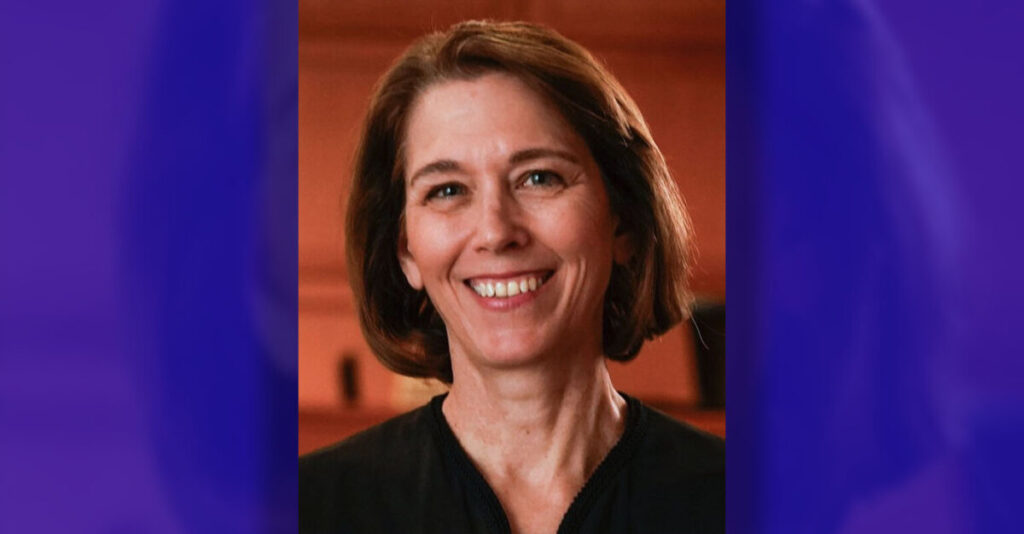By Stacy M. Brown
NNPA Senior National
Correspondent
Wisconsin voters delivered a sharp rebuke to billionaire Elon Musk on Tuesday, electing liberal Judge Susan Crawford to the state’s Supreme Court despite a record-breaking flood of cash and campaigning from Musk, who backed her conservative opponent, Judge Brad Schimel.
Crawford’s victory ensures a continued 4–3 liberal majority on the state’s high court and signals growing pushback to Musk’s rising political influence. With nearly all votes counted, Crawford held a commanding lead of about nine percentage points, defying $25 million in total spending tied to Musk and his network of political action committees. “Today, Wisconsinites fended off an unprecedented attack on our democracy, our fair elections, and our Supreme Court,” Crawford said in her victory speech Tuesday night. “Wisconsin stood up and roared, saying that justice does not have a price. Our courts are not for sale.”
Musk personally campaigned in Wisconsin, appearing at rallies and photo ops—including one where he wore a cheesehead hat—as he sought to frame the race as part of a broader campaign to reshape the federal government and state courts. His involvement appeared to energize Democratic voters and galvanize turnout, with early data showing exceptionally high participation for an off-year spring election.

The race drew national attention not only because of its record-shattering cost but also due to the implications it holds for abortion rights, labor protections, and congressional redistricting. The Wisconsin Supreme Court is expected to rule on several pivotal issues in the coming months, including the legality of the GOP-drawn congressional maps that have helped Republicans win six of the state’s eight House seats, despite Wisconsin being evenly split politically.
Democratic leaders had long argued that a Crawford victory could create more competitive districts. House Minority Leader Hakeem Jeffries of New York recently noted the opportunity to flip one or two Republican-held seats in the state if the court redraws the maps.
Republicans and Musk attempted to make that argument the centerpiece of their campaign against Crawford, warning of activist overreach. Musk’s super PAC reportedly funded a $11.5 million ground operation, and another group with ties to him spent $7.7 million on TV ads, according to media tracking firm AdImpact. In addition to massive ad buys, Musk’s efforts offered Wisconsinites financial incentives to oppose so-called activist judges.
His super PAC offered $100 for signing petitions and $50 for posting photos outside polling places—tactics that raised concerns about voter influence and legality. But those tactics appeared to backfire. “There’s an insane situation going on with the Trump administration, and it feels like Elon Musk is trying to buy votes,” said Kenneth Gifford, a 22-year-old Milwaukee college student after casting his ballot. “I want an actual, respectable democracy.”
Democrats seized on Musk’s presence as a galvanizing force.
“People do not want to see Elon Musk buying election after election after election,” Wisconsin Democratic Party Chair Ben Wikler said ahead of the vote. “If it works here, he’s going to do it all over the country.” Former President Barack Obama took to X (formerly Twitter) to congratulate Crawford and the people of Wisconsin “for electing a judge who believes in the rule of law and protecting our freedoms.”
Illinois Governor J.B. Pritzker, who also donated to Crawford’s campaign, didn’t mince words in his post: “Elon Musk is not good at this.” Crawford, 60, will serve a 10-year term in court. Her win adds to a string of recent Democratic victories across the country, including state legislative races in Iowa and Pennsylvania and the defeat of four Republican-backed ballot measures in Louisiana. While Republicans maintained their grip on two congressional seats in Florida on Tuesday, Crawford’s win could signal that Musk’s deep pockets and increasing alignment with Donald Trump are igniting more opposition than support.




